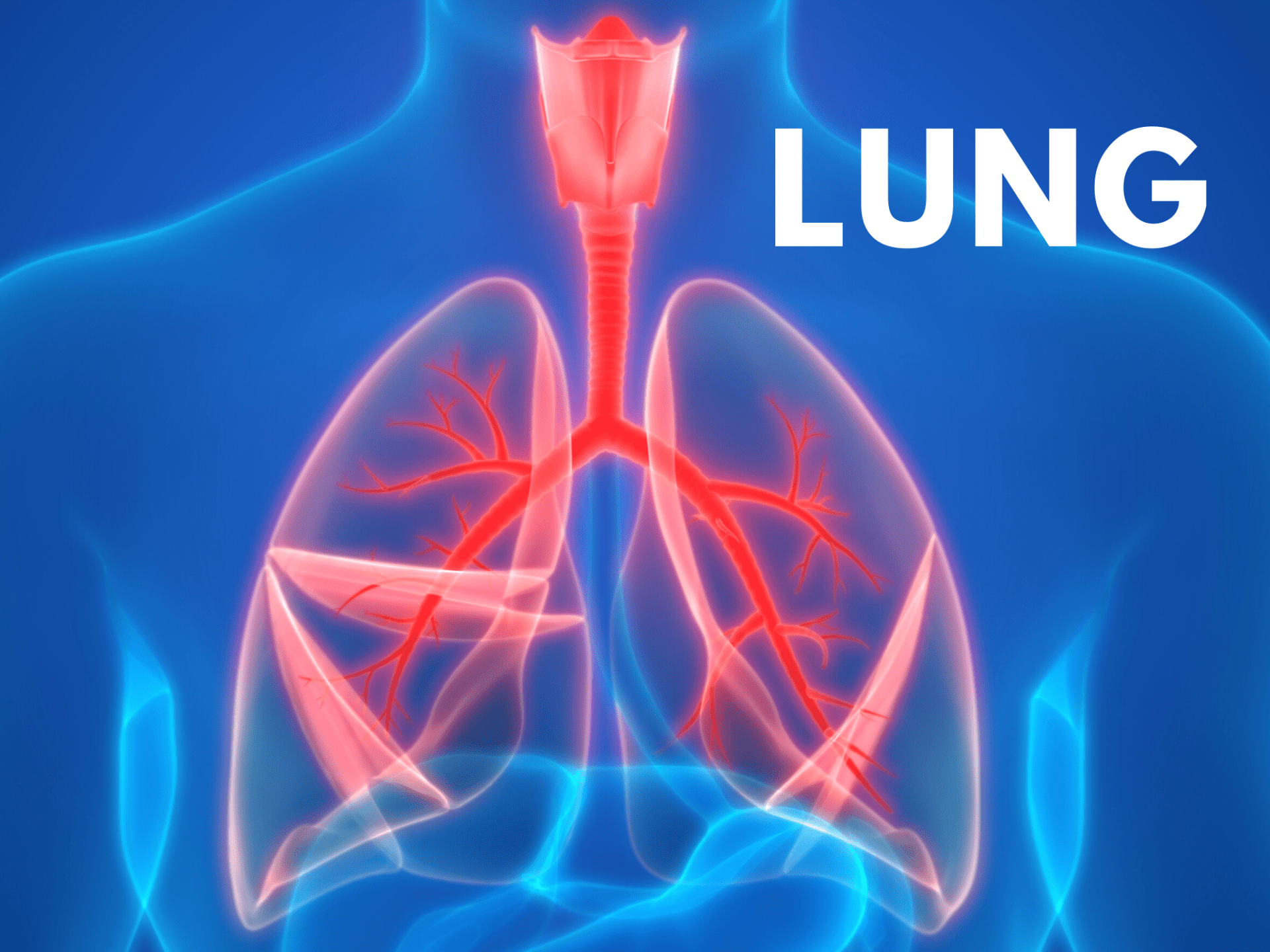The lung is located in the chest. Its location is the highest among the organs so it is very easy to be attacked. Think of a cold or flu, lung is always the first organ being attacked. Therefore lung is being regarded as the “delicate organ” since it is very delicate and intolerable to cold, heat and other pathogenic factors.
Note: As I mentioned in a previous article, the organs in Chinese Medicine (CM) focuses on the physiological functions of a system rather than an anatomical organ. Therefore the “Lung” in CM does NOT equal to the organ Lung in Western Medicine.
If you haven’t read the introduction to “Internal Organ Systems in Chinese Medicine”, click HERE.
The functions of the lung depend on the propelling and fixating functions of lung-qi and the moistening function of lung-yin. The lung-qi has two distinct movements. Dispersion and Descent:
Dispersion means to diffuse, dredge and spread upwards and outwards.
Descent means the downward cleaning and clearing downwards and inwards.
Physiological functions of the Lung
1. Control Respiratory Movement
The lung controls respiration. Fresh air is inhaled and waste air is exhaled through the respiratory movement of the lung to maintain the normal activities of life.
Normal respiration mainly depends on the dispersing and descending functions of the lung-qi. The dispersing function of the lung-qi helps exhale waste out of the body while the descending function of the lung-qi helps inhale fresh air into the body and down the respiratory tract.
2. Governs the Qi throughout the body
The lung controls and regulates the Qi in the whole body. This can be reflected in three aspects.
a) Production of Pectoral Qi
Pectoral Qi is being synthesized using the nutrients from the food and the fresh air inhaled by the lung. After pectoral qi is being produced, it is being transported and distributed throughout the body by the dispersing and descending functions of the lung to warm and nourish the organs and tissues to maintain their normal physiological functions.
b) Regulation of Qi Activity
Qi is constantly flowing inside the body. The lung’s dispersing and descending function affects the movements of the qi. If the lung-qi is normal in dispersing and descending qi, then the qi in our whole body will flow smoothly.
c) Assist the heart to Promote Circulation
In the classic CM text “The Medical Classic of the Yellow Emperor”, it is said that “the lung is connected with all the vessels”. The blood is converged in the lung and then it is distributed to all parts of the body. Since the heart is the “Organ of Monarch”, lung, therefore, is being regarded as the “Assistance-Organ”.
3. Regulation of the Water Passage
Regulation here means dredging and readjusting. The water passage refers to the route for transmitting and discharging water. Therefore Lung is responsible for propelling, adjusting and discharging water in the water passage.
When water is taken into the body, the Spleen absorbs, transforms and transports the water to the lung. Then the dispersing function of the lung excretes the water by respiration and by the form of sweat. The descending function of the lung transmits water to the kidney then it is transformed into urine and excreted out of the body. The descending function of the lung also assists the large intestine in transmission, through which part of the water is discharged in defecation.
The abnormal dispersing and descending function of the lung will cause a disturbance in the distribution of water, causing the production of phlegm, rheum, edema, and disorder of urination.
Relationship of the Lung and its Correspondents
| Five Zang Organs | Five Elements | Five Constituents | Five External Manifestations | Five Sensory Organs | Body Fluids | Emotion |
|---|---|---|---|---|---|---|
| Lung | Metal | Skin | Body Hair | Nose | Snivel | Grief |
1. The lung governs the Skin
The skin, like the lung, is usually the first line of defense in our body. Lung also controls the opening of the pores for sweating.
2. The lung opens into the Nose
The nose is the passage for air or pathogenic factors to reach the lung.
3. External Manifestation on the Body Hair
Since the lung is to the skin, the body hair is also governed by the lung.
4. Lung and Snivel
Lung opens to the nose, therefore, the fluid related to the lung is snivel.
5. Emotionally Grief is to Lung
Excessive Grief will impair the lung. More will be explained in a later article regarding Emotions & Health.
Up next, I will discuss the third Zang Organs – Spleen.


Leave a Reply